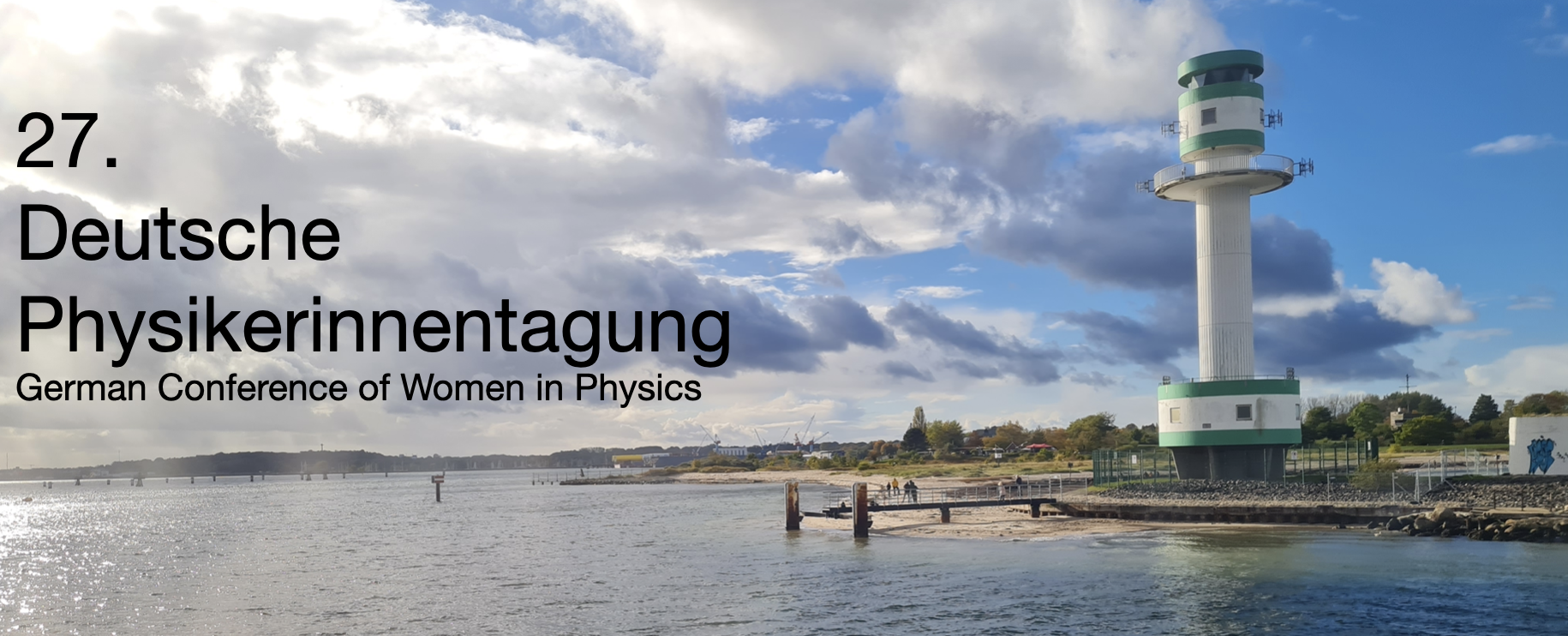Speaker
Description
The marine ecosystem has gained significant public attention in recent years. The increased utilization of the oceans through offshore wind energy, deep-sea exploration for marine mining, or the laying of data, power, and gas lines presents, along with the economic use through fisheries, shipping, and aquaculture, an ever-growing challenge. Due to climate change, aspects of disaster and civil protection are becoming increasingly important.
Conventional underwater sound transmitters, which operate using piezoceramics, are relatively heavy when it comes to the generation of low-frequency signals. This limits their use on autonomous and small marine platforms for underwater communication and acoustic surveillance. Low frequencies are particularly important, as they achieve a greater range in water, thus enhancing the effectiveness of communication and detection systems.
Within the joint project, an entirely new underwater sound transmission method is being developed using innovative Aerographene nanotechnology, which redefines the current state of the art. Aerographene is an electrically conductive, sponge-like structure composed of a three-dimensional network of graphene nanotubes. Due to its exceptional micro- and nanostructure, it consists of up to 99.9 % air or gas and has a material density of less than 1 mg/cm≥. Aerographene and the gases it contains can be rapidly heated electrically and subsequently cooled down again, resulting in an explosive volume expansion and the generation of sound pressure within the material. This principle enables a compact, lightweight, yet powerful solution.
The integration of a newly developed active-digital transmitter electronics elevates the application range to a multi-use potential, enabling rapid adaptation to novel transmission methods and laying the foundation for a cost-effective actuator technology for future systems.
Currently, the project is in Phase 1, focusing on the Proof-of-Concept of the novel transducer. The first functional prototype has been developed to analyze the fundamental possibilities and limitations of the transducer system. This initial stage is crucial for evaluating the technical feasibility and for identifying potential areas for further optimization and development.
NEPTUNE (NEw ProjecTors for unmanned UNderwater systEms) is a research project by ELAC SONAR GmbH in collaboration with the Faculty of Technology at Christian-Albrechts-University in Kiel and Phi-Stone AG. It is funded by the German Federal Ministry for Economic Affairs and Climate Action (BMWK), represented by the Forschungszentrum Jülich GmbH.

